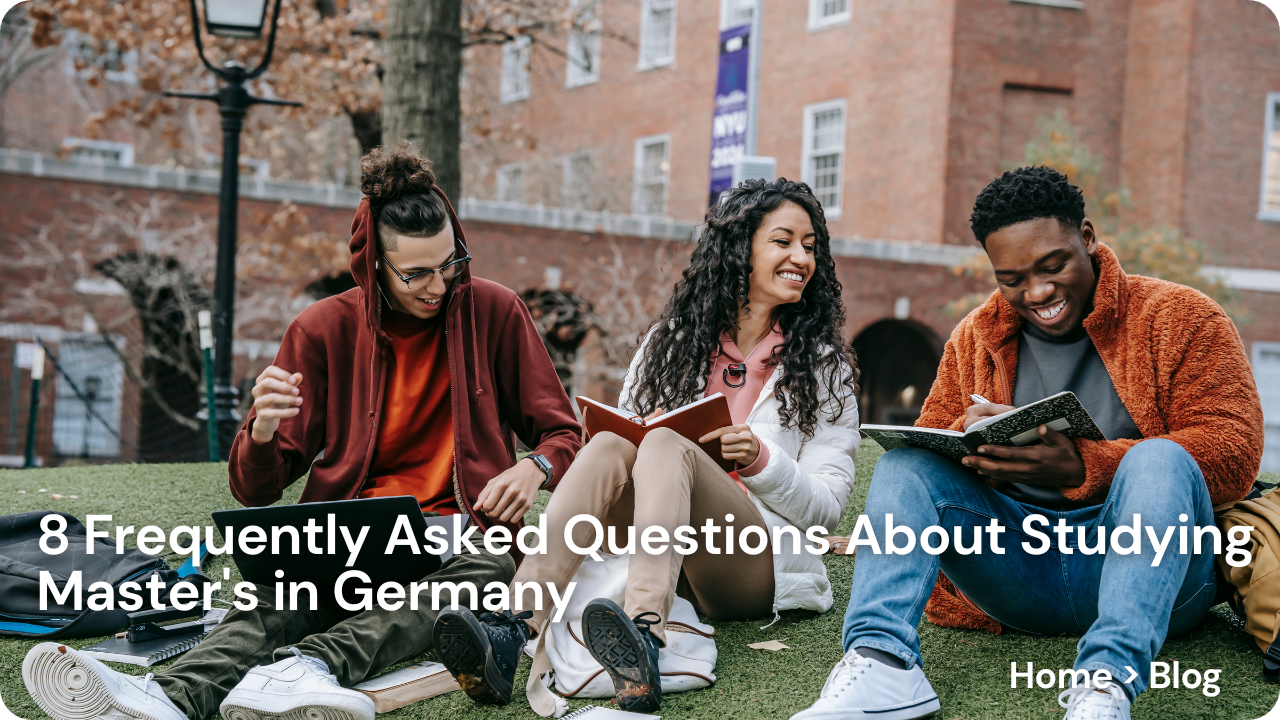There are no items in your cart
Add More
Add More
| Item Details | Price | ||
|---|---|---|---|

1. Can I study Master’s courses in Germany in the English language?
Yes, Most top-tier universities in Germany offer courses in English.
2. What is ‘Lebenslauf’ ?
A Lebenslauf is the German word for CV, which means 'Course of Life.'
In other countries, a Lebenslauf includes personal information, education, work experience, skills, and a photo. Keep it clear and concise by including relevant information that highlights your profile.
3. Do international students have to pass the IELTS to enroll in a study program in Germany?
Yes, passing the IELTS exam with a band score above 6.5 is mandatory to apply for a Master’s in Germany.
4. Can I apply to German universities without APS?
You cannot apply to German universities without an APS (Academic Performance System) certificate. The APS certification is a crucial requirement for international students, as it verifies the authenticity of their academic credentials. Without this certificate, your application will not be considered valid by the universities in Germany.
5. Do I need to open a German bank account for my Master’s in Germany, and how much money should I have?
Yes, opening a German blocked account is mandatory for your student visa. You must deposit €11,904 (approx. 12 lakh in INR) to cover one year of living expenses. Each month, €992 will be released to you for daily expenses. This proves you can financially support yourself during your studies.
6. How do I apply for a student visa to study in Germany, and how long does it take?
To apply for a German student visa, submit your university admission letter, proof of financial resources, health insurance, and other documents to the German embassy in your country. Processing typically takes 4 to 12 weeks, so apply early. Start the process as soon as you receive your admission letter to avoid delays.
7. Can I work while I study in Germany?
Students are allowed to work part-time while they are pursuing their degree simultaneously. One can work at least 20 hours per week.
8. What is the post-study work policy for international students in Germany?
International students on the Post Study Work Visa can stay in Germany for 18 months after graduation. This time is meant for job searching related to their field of study, and compared to other countries, Germany has a low unemployment rate, increasing your chances of getting a job.
In essence, now that you have cleared the clutter of questions, it is time to get packed for the New chapter of your life in Germany. The country’s strong job market, high-quality education system, and vibrant student life make it a top destination for international students. Don’t miss out on the chance to turn your dreams into reality!